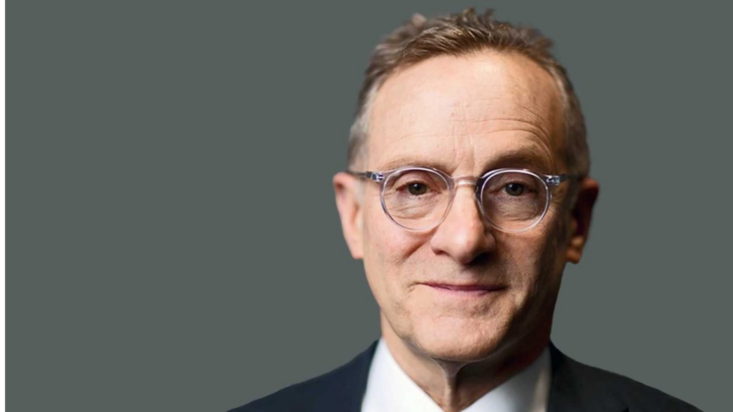Zero-rate anomaly won’t be repeated: Marks
After a half-decade of economic upheaval, investors waiting on an economic soft landing and a quick return to accommodative monetary policy are set to be sorely disappointed according to Oaktree Capital co-founder and co-chairman Howard Marks. Easy money is a fairytale, the respected money manager says, and the ending of that fairytale will be more Brothers Grimm than Disney for anybody banking on another decade of ultra-low interest rates.
We’re not going back to ultra-low rates for a number of reasons, Marks believes, chief among which are the inflationary effect of deglobalisation, the tendency of easy money to induce risk taking, “malinvestment” and increased use of leverage. The Fed will also be shy of ultra-low rates (this time around) because the previous cycle made clear how little wriggle room central banks have if the economy does fall into a recession again.
“If I ran the Fed (to be clear, I don’t expect to be offered the job), I think I would (a) lower rates to stimulate the economy when it’s growing too slowly to produce needed jobs; (b) raise rates to cool off the economy when it’s overheating… and (c) keep my hands off rates the rest of the time, allowing market forces to determine their level,” Marks writes in his latest memo, “Easy Money”.
“Under this construct, we certainly wouldn’t see rates perpetually near zero, as we did much of the time from 2009 to 2021 (I estimate the Fed funds rate averaged roughly 0.5 per cent over that stretch).
While Marks concedes that Oaktree is not in the business of making macro forecasts (or, at least, betting client monies on them) he reckons that rates won’t return to the point they began rising from in 2022. Nor will they stay ‘high’, mostly because he considers an interest rate of 5.50 per cent to “be normal or even on the low side”. What seems likely to Marks is that, sometime in 2024, the Fed will declare victory against inflation and bring rates down to the mid-threes by 2025.
But the market consensus runs that inflation will soon reach the Fed target of roughly two per cent; additional rate increases will be unnecessary; there will be a soft landing marked by a minor recession or no recession; the Fed will bring rates back down, which will be good for the economy and the stock market.
“(This) smacks of “Goldilocks thinking”: the economy won’t be hot enough to raise inflation or cold enough to bring on an economic slowdown. I’ve seen Goldilocks thinking in play a few times over the course of my career, and it rarely holds for long. Something usually fails to operate as hoped, and the economy moves away from perfection. One important effect of Goldilocks thinking is that it creates high expectations among investors and thus room for potential disappointment (and losses).”
“The investment environment in the coming years will feature higher interest rates than those we saw in 2009-21. Different strategies will outperform in the period ahead, and thus a different asset allocation is called for.”










